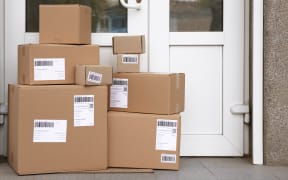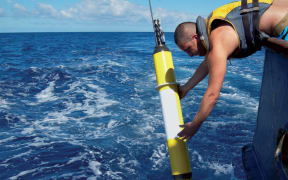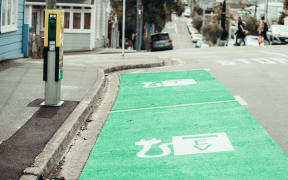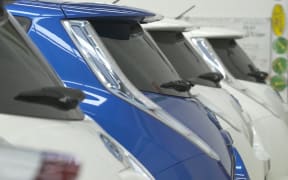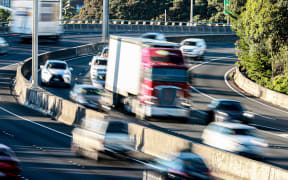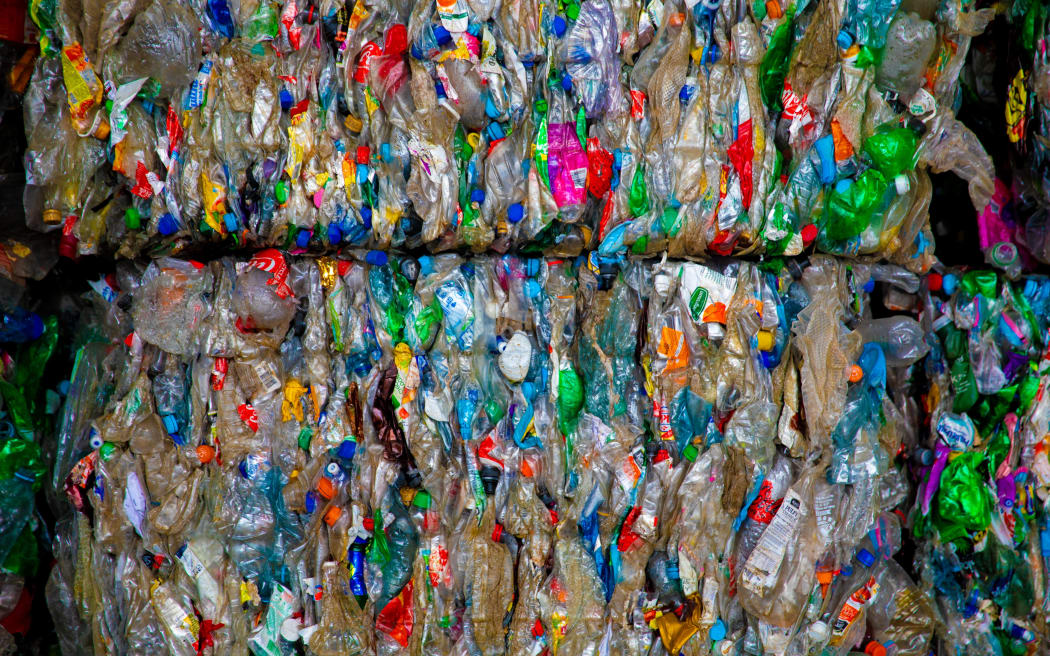
More and more Aucklanders are putting stuff that cannot be recycled into their recycling. Photo: RNZ / Marika Khabazi
As a single person in a world of more than eight billion people and a rapidly warming climate, it's easy to look to our neighbours and think 'it's their fault, they're the ones causing climate change'.
But the truth is, most of what New Zealanders do to reduce their carbon footprint isn't actually having the effect they think it is, a study shows.
The finger-pointing is even less helpful, said Jeff Vickers, technical director at environmental consultant Thinkstep.
"There will always be opportunities for everyone to do better, but the comparison is a trap to fall into.
"Taking that perspective is usually a recipe for inaction."
A 2023 survey conducted by global market research firm Ipsos found that 45 percent of 1000 New Zealand respondents ranked recycling as a top-three activity for reducing their carbon footprint.
In reality, recycling is the sixtieth most effective measure to cut your emissions, said Ipsos New Zealand managing director Carin Hancock.
The best? Ditch the car, or switch to an EV.
"We know from research that New Zealanders are most likely to use their cars for short trips. And these are trips that people could walk, or could get on their bike for."
The other options to round out the top five included reducing long haul travel, switching to renewable electricity, and opting for more efficient cooking equipment - like electric hobs over gas.
In terms of what people perceive to be the most effective, only renewable energy hit the top five. The other activities identified included growing your own food, using less packaging, and buying fewer items.
Vickers said it makes sense that people have latched onto recycling, even if it's not the most effective option.
"People tend to focus on what they have in hand - and with recycling, the choice is physical. Do I put this thing in the rubbish, or do I put it in the recycling bin?
"A lot of things with climate change don't offer an obvious choice - they're out of your control. If you need to get to the office and you live in a rural environment, you can only really drive. But with recycling, the choice is simple."
This misconception is something that has shaped how Wellington resident Beth Walker lives.
She used to live a fully zero waste lifestyle, which she started after attending a talk in Dunedin.
"I walked in thinking that recycling was contributing to mitigating a warming climate, but left realising that was inadequate. So, I decided to go full cold turkey and try to live with no single use items."
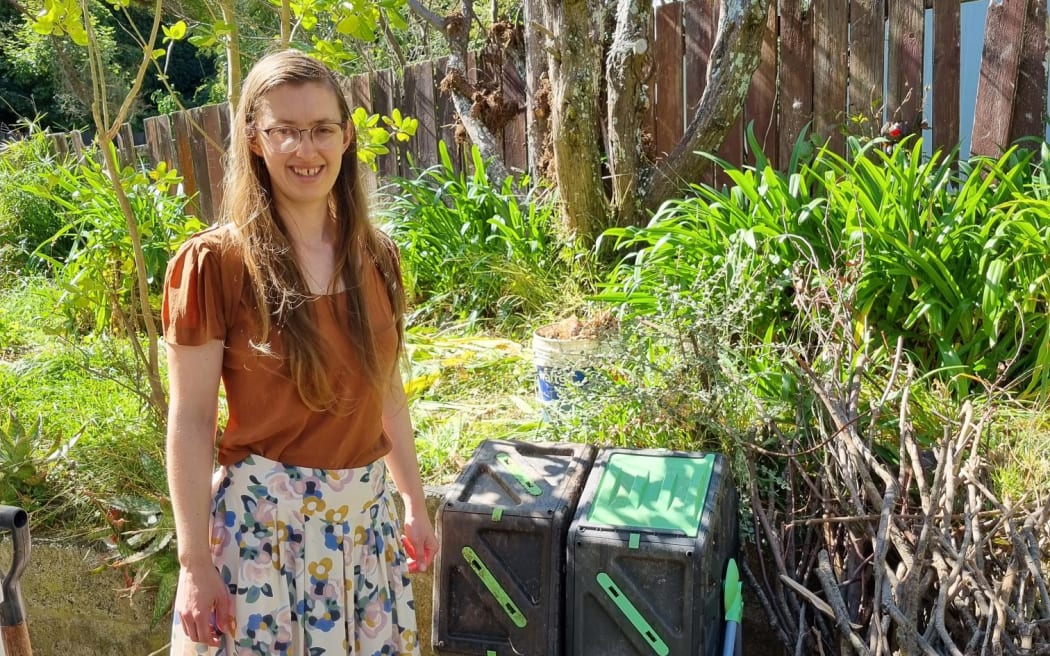
Beth Walker in her garden with her compost bins. Photo: RNZ/Emma Ricketts
She did, for a few years. But after starting work as a sustainability adviser, Walker realised her efforts were best centred elsewhere. She shifted her focus to reducing car culture - both individually and on a New Zealand-wide scale.
Walker is now a member of several groups advocating for safer cycleways and volunteers to teach people to ride in her spare time.
"These things are going to have a bigger impact than me trying to find my pasta without a plastic bag around it."
This isn't to say we should all stop recycling - maintaining a circular economy is integral to protecting the environment in a number of ways. But it's important to keep things in context, Vickers said.
"If you've driven to a cafe, but you arrive and think 'oh I forgot my keep cup - I better go and get it', that's actually the worst thing you can do," he explained. "For the climate, the impact activity was driving to your location."
Walker said the tips and tricks she learned along the way haven't gone to waste. She still buys as little packaging as possible - and re-uses what she does buy.
Artfully stowed around her kitchen's ample storage is a 20-kilo bag of rice, reusable glass jars of quinoa and other grains, and four-litre bucket of peanut butter.
Nothing gets overlooked. The fridge is covered in the stickers that come wrapped around bunches of bananas.
"We try and give everything a longer life than it was intended to have," she said.
"We use these stickers for sticking bags back together when they break or taping them up if they aren't resealable when we're storing food."
It's a lifestyle that may not seem accessible to many, but it's starting with the small steps that count, she said. When she's not teaching people to ride bikes, she processes compost from the community in her backyard. There's no judgement - just a desire to help people along the way.
It's easy to get overwhelmed with the scale of it all, Vickers said, but the small steps matter just as much as the big-ticket items.
"Say you want to reduce your emissions by 30 percent in 10 years, it's best to break that down to 3 percent per year, for ten years."
"That means you actually only have to reduce your footprint by three percent. So if there's something you can do that will take it down one percent, you're already a third of the way there."
He emphasises that comparing yourself to others won't get you any of the way, but being better informed is helpful.
There is only very limited information available to the public to date, but online tools like individual carbon trackers can be a great place to start.
